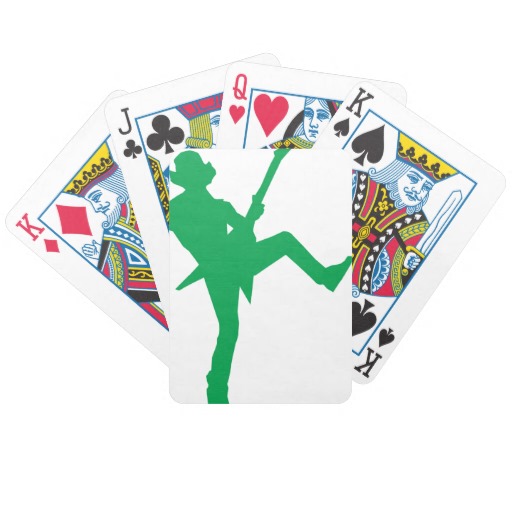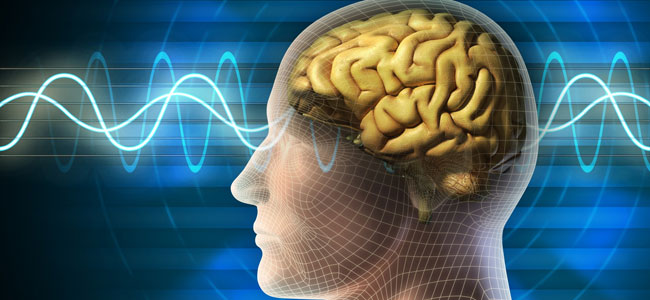Guitar
How learning the guitar helps to improve mental focus
If there’s one thing that exceptional guitarists and seasoned poker pros have in common, it’s their appreciation for the basic fundamentals of their respective crafts. Much like a house crumbling to the ground without a solid foundation, guitarists wouldn’t be able to compose intricate musical pieces without a grasp of the basic scales and chord progressions.
Similarly, poker players who don’t take the time to recognise the importance of position will always be left at a huge disadvantage during tournaments or cash games.
Becoming a pro
With a strong set of foundational skills in place, guitarists and poker players can then start to branch out and try different approaches that will eventually lead to their own style.
Most serious guitarists are huge fans of music from all over the world, immersing their ears in a diverse range of rhythms, harmonies, and melodies that they can incorporate into their own compositions and musical voice.
Guitarists like the modern Joe Satriani, classically inspired Yngwie Malmsteen, legendary Jimi Hendrix and veteran Jimmy Page all string to mind.
In a similar vein, the greatest poker players – from wily English veteran Dave Ulliott to 13-time World Series of Poker champion Phil Hellmuth – tend to be students and practitioners of what economists call game theory (and what psychologists call the theory of social situations).
Game theory is, simply put, a study of strategic decision making. Veteran poker players like Daniel Negreanu tend to be pretty accurate judges of character, sneakily figuring out tells (a change in an opponent’s behaviour or demeanour that can give clues to that player’s assessment of their hand) from every competitor at the table while trying to hide their own tells by maintaining a firm poker face.
Patience and practice
Most importantly, learning how to play the guitar in a structured yet relaxed atmosphere helps develop a keen sense of patience – arguably the most critical trait every poker player should have in his back pocket.
Whether it’s played in a live table or an online game room, poker is a game of incomplete information.
Each player knows what his own cards are, but everything else is a heavily guarded mystery that they are trying to decipher throughout the duration of the game.
Poker players learn very quickly that impatience – playing every hand, not tightening up in early position, joining big-money games right off the bat – is decidedly not a virtue.
 There will come a point when even time away from the felt-layered table can help any poker player’s game. Betfair Poker writer Matthew Pitt advocates finding a happy medium between playing and studying the game; learning the guitar in between the two activities is a productive way of refreshing the mind.
There will come a point when even time away from the felt-layered table can help any poker player’s game. Betfair Poker writer Matthew Pitt advocates finding a happy medium between playing and studying the game; learning the guitar in between the two activities is a productive way of refreshing the mind.
The finely honed patience that one learns from playing the guitar will result in a surprisingly heightened level of mental focus that can be applied not just to poker games, but to everyday situations.
Problems that seemed so stressful instantly become more manageable. Emotional outbursts seemingly vanish, only to be replaced by the clarity of rational thought and analysis.
Life seems to take on a clearer perspective. And that’s something everyone – guitarists and poker players alike – can agree on.
Whatever your reason for wanting to learn the guitar, get in touch with me today to arrange a lesson.
